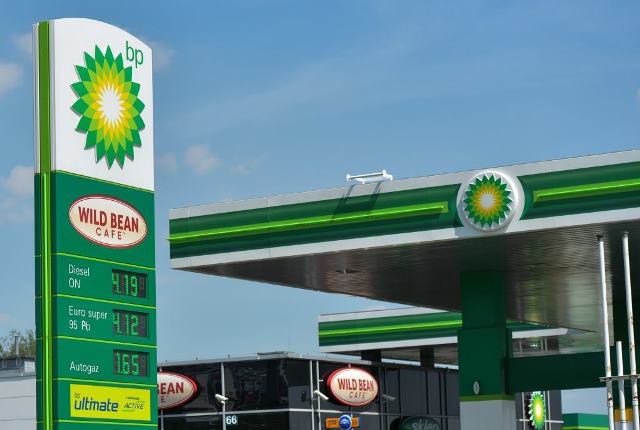BP is making a significant strategic shift away from its previous commitment to expanding renewable energy, opting instead to refocus on fossil fuels amid lagging financial performance, Reuters news report said.
Recently, BP said its renewables pipeline at the end of 2024 was 60.6GW (bp net), including 38.7GW of Lightsource bp’s pipeline.
BP’s renewables pipeline showed an increase of 2.3GW during 2024 as a result of the LSbp acquisition (20.5GW), offset by reductions as a result of high-grading and focus of proposed hydrogen projects and the US solar business.
BP CEO Murray Auchincloss is set to announce the abandonment of BP’s target to increase renewable energy generation capacity to 50 gigawatts by 2030, a goal that would have required a 20-fold expansion from 2019 levels. This move marks a clear shift in BP’s climate commitments made under former CEO Bernard Looney.
BP has already backtracked on its pledge to cut oil and gas production by 40 percent by 2030, lowering the target to 25 percent in 2023. The company has justified these changes by citing financial underperformance compared to competitors like Shell, Exxon, and Chevron, whose shares have performed better as fossil fuel prices rebounded after the pandemic.
Activist investor Elliott Investment Management has taken a nearly 5 percent stake in the company and is pushing for significant changes, including tighter cost discipline, a reduction in green energy spending, and the sale of assets such as wind and solar farms.
Elliott is also advocating for BP to divest from its Castrol lubricants business and its network of service stations, arguing that such moves would unlock shareholder value and increase stock buybacks. This pressure comes amid a broader sector-wide trend of oil majors shifting back to traditional energy sources as the financial returns from renewables have proven less lucrative in the short term.
Other energy companies that once prioritized low-carbon investments are now redirecting their focus to oil and gas, responding to improved market conditions and a more favorable regulatory environment, particularly with the re-election of U.S. President Donald Trump, a vocal supporter of fossil fuels.
Financially, BP is struggling to meet previously set earnings targets. The company had aimed to reach core earnings (EBITDA) of $49 billion by 2024 but failed to meet its lower 2024 target of $40.9 billion. As part of its revised strategy, BP will replace its fixed earnings target with an annual percentage growth target instead.
The company is planning to divest certain assets and cut back on other low-carbon investments in an effort to reduce debt and boost returns. Analysts expect BP to announce a reduction in its annual low-carbon capital expenditures by $2-$3 billion, a substantial cut given its 2024 capital spending budget of $16.24 billion. These financial shifts highlight the company’s growing focus on profitability over its previous commitment to sustainability.
Auchincloss has been gradually scaling back BP’s renewable energy investments since taking over from Looney, implementing cost-cutting measures and reducing staff by 5 percent in an effort to improve efficiency. The company’s new approach reflects a larger shift in the industry, where short-term financial stability and shareholder returns are being prioritized over long-term climate goals.
Baburajan Kizhakedath

